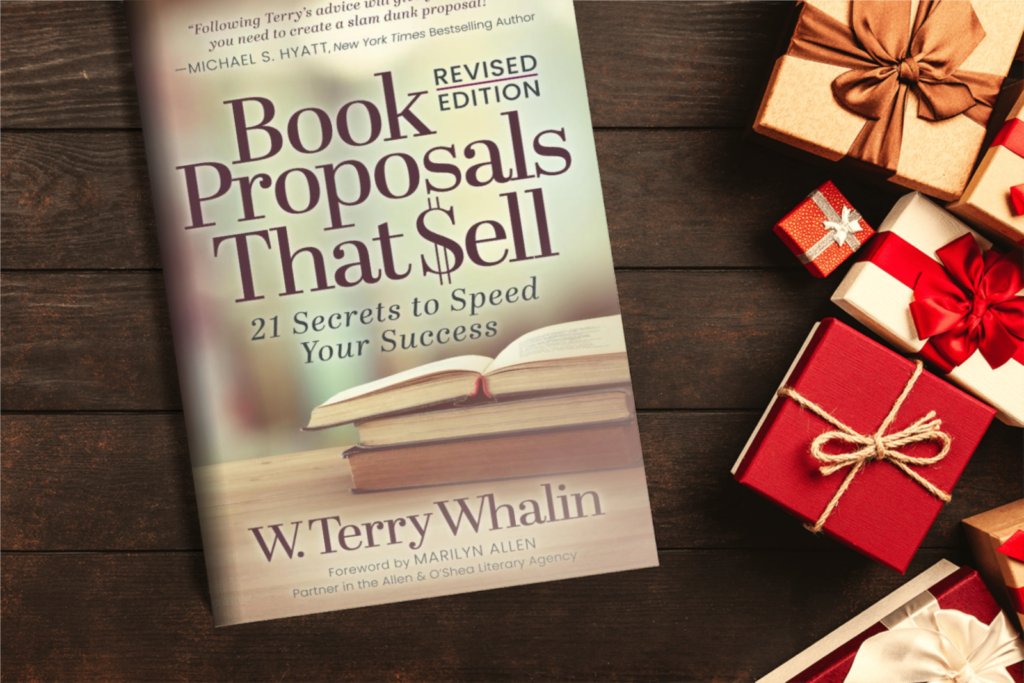Your first draft is only the beginning, not polished enough to send to a publisher. When your proposal is completed, lay it aside for several days before you send it. You will then be able to read it with fresh insight and make valuable improvements. Remember the old adage “Haste makes waste.” This is particularly true when it comes to writing book proposals. You want to make sure that every single word and sentence of your proposal and sample chapter are excellent. Never rush the process, because it will result in less than your best work.
From years of working in magazine production, I’ve learned one of the most difficult things to find in any publication is something that is completely missing. Yet if something is missing, it will clearly stick out to the reader (in this case, the editor and publishing executives).
Before you send the proposal is the time to catch any errors.
I’ve had fearful authors call me and request that I discard their first submission because of some missing element or incorrect element or poor format. You can only imagine the sloppy impression these calls make on your editor. It’s not the type of glowing impression an author wants to leave.
I’d encourage you never to forget the relational side of publishing. Often your relationship will be more significant than your printed work with a publisher—especially when it comes to what the editor will remember. Editors will move from publisher to publisher, and when this happens, they remember the authors they enjoyed working with on a project at their former publisher. You want to be an author in this particular category. Occasionally editors will brainstorm a particular book they would like to publish and approach an author. When these editors are tossing out names, they will include only those authors who made a professional impression. While this list will not be written anywhere, your editor will recognize excellence and want to take that excellence to a new publisher.

Here are some last-minute questions to ask yourself about your proposal and sample chapter:
- Have you hooked the editor with your opening sentence?
- Have you included a solid overview or the big-picture concept of the book?
- Have you created a catchy title and subtitle, along with some alternatives?
- Is your chapter outline logical, and do your chapter summaries address the various points of your book in clear and concise language?
- Have you clearly outlined your vision for the book in terms of length or word count, overall appearance, and any special features? Also, have you included the estimated time to deliver the entire manuscript?
- Have you listed names of well-known experts that you can secure through your personal relationships who will supply endorsements or a foreword?
- Have you detailed your credentials for writing this book in the “about the author” section and shown without a doubt that you are the best person for this task?
- Have you provided a detailed analysis of the competition for your proposed book and shown how your project is distinct from this competition?
- Have you written a thorough marketing section about the projected audience and how you will join the publisher in a partnership to reach this market?
- Have you highlighted any special marketing and sales opportunities you can bring to the project when it is published? For example, is there a special sale with thousands of books that you can create for the project?
- Have you created a dynamic sample chapter that is compelling and clearly shows your writing style?
There is no right or wrong way to create a book proposal. The proposals that sell, however, are the ones in which the author thoroughly presents the concept and includes all of the necessary information.

W. Terry Whalin, a writer and acquisitions editor lives in California. A former magazine editor and former literary agent, Terry is an acquisitions editor at Morgan James Publishing. He has written more than 60 nonfiction books including Jumpstart Your Publishing Dreams and Billy Graham. To help writers catch the attention of editors and agents, Terry wrote his bestselling Book Proposals That $ell, 21 Secrets To Speed Your Success. Get a free copy of his proposal book (follow the link). Check out his free Ebook, Platform Building Ideas for Every Author. His website is located at: www.terrywhalin.com. Connect with Terry on Twitter, Facebook, his blog and LinkedIn.





1 Comment
I learned this the hard way! But, it’s a lesson well learned and one I hope to never repeat. It’s so important to have a publishable manuscript before you query. Thank you for this reminder.